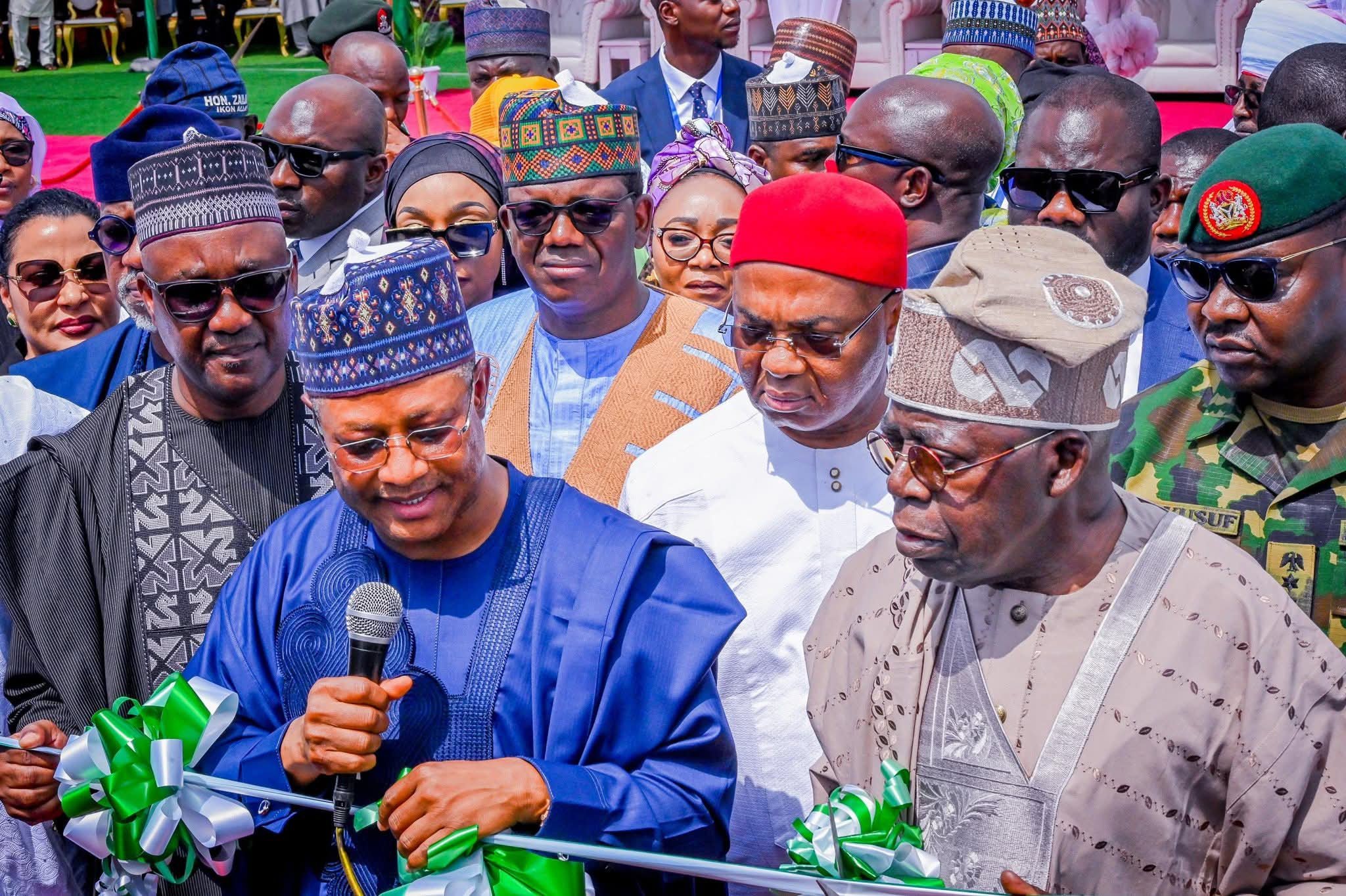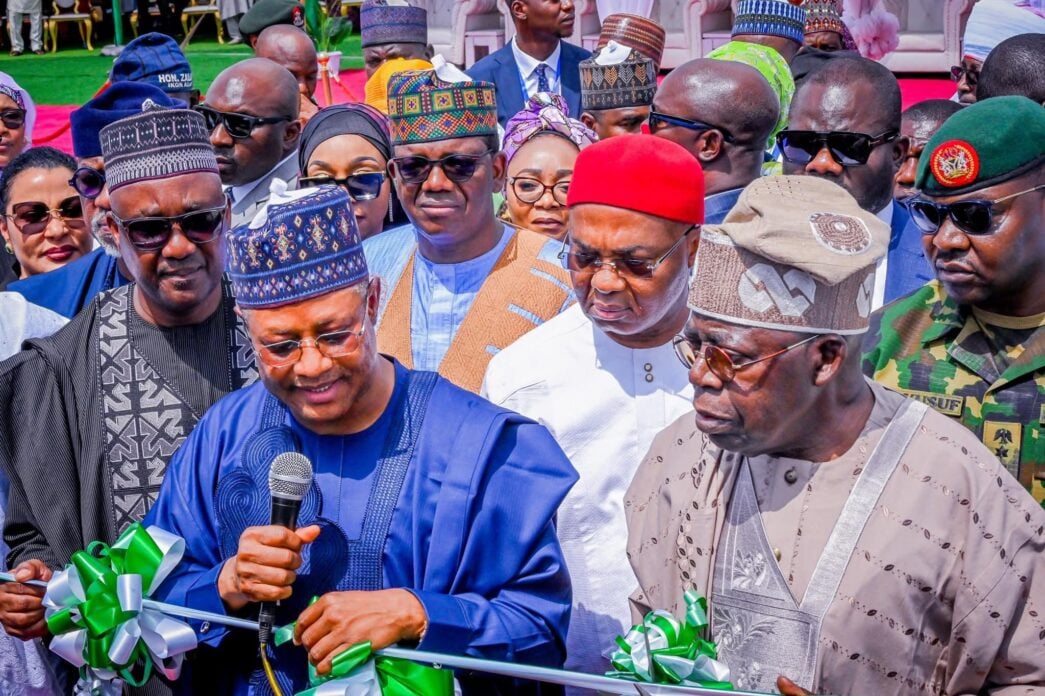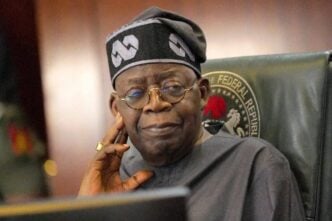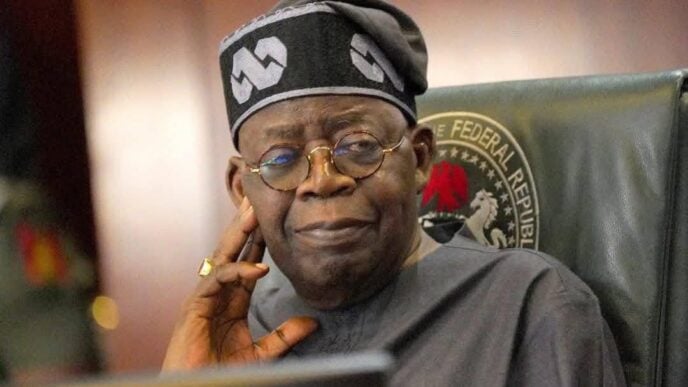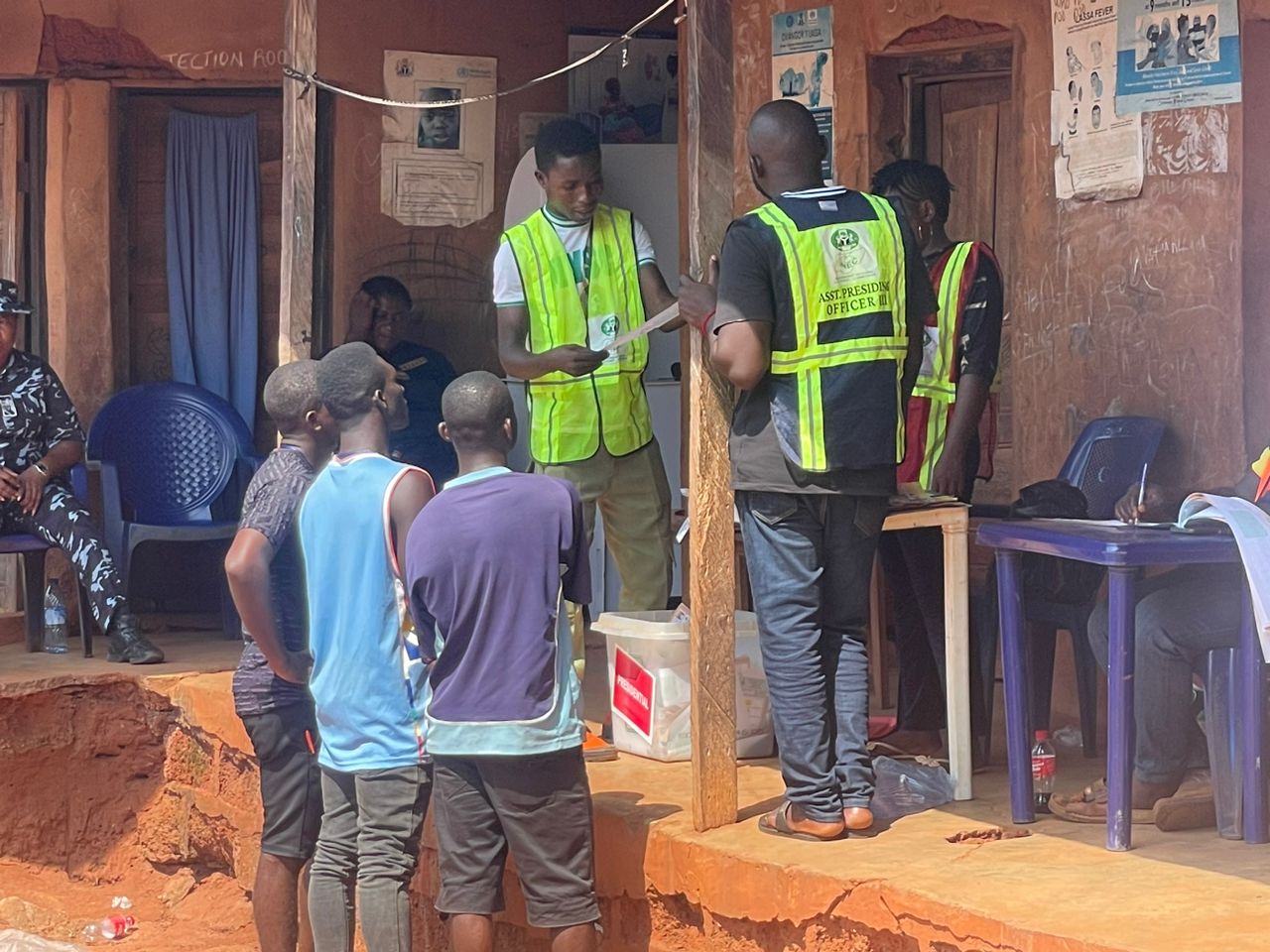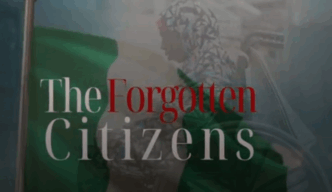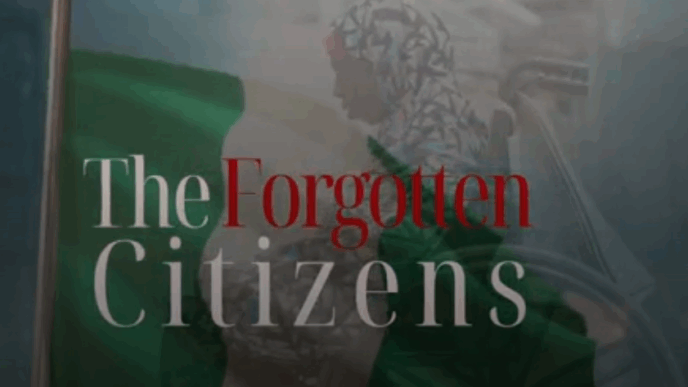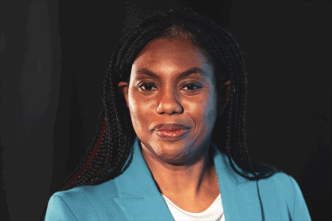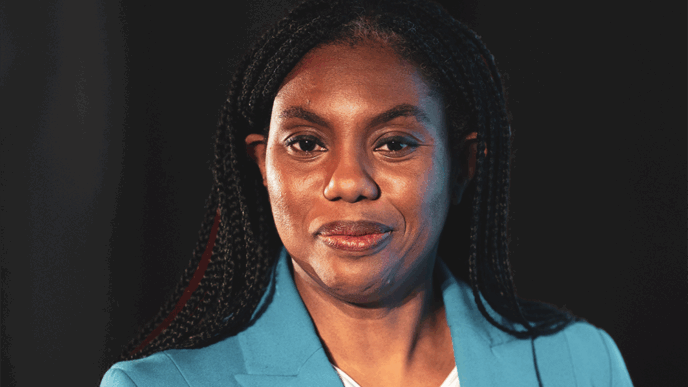BY MUHAMMED ALIYU YINUSA
In the intricate and enduring narrative of Nigeria’s political and cultural evolution, Kaduna occupies a distinctive place. It is not merely a city on the map; it is a crucible of northern identity, a beacon of political might, and a repository of rich historical significance. From the era when Sir Ahmadu Bello, the indomitable Sardauna of Sokoto and the inaugural Premier of Northern Nigeria, wielded influence from its precincts, Kaduna symbolised more than governance: it embodied aspiration, leadership, and regional pride. His tenure cemented Kaduna as a bastion where political legitimacy was not just sought but consecrated.
Yet, as Nigeria transitioned from its regional structure into a more centralised federal system, the once luminous aura surrounding Kaduna dimmed. The city and its environs came to grapple with complex and pressing challenges: pervasive insecurity marked by banditry and insurgency, economic stagnation, and socio-political tensions that often took ethno-religious hues. These adversities transformed Kaduna into a poignant symbol of northern Nigeria’s broader struggles. However, the story of Kaduna is not one of decline without resurgence. Under the dynamic leadership of Senator Uba Sani, the city is experiencing an extraordinary renaissance. This renewal is characterised by restored peace, notable infrastructural progress, and a reinvigorated democratic dialogue, emblematic of a region intent on reclaiming its past glory while charting a new course for the future.
This revitalisation found a profound expression in a recent two-day interactive session convened by the Sir Ahmadu Bello Memorial Foundation (SABMF). The gathering brought together a distinguished constellation of northern stakeholders alongside representatives of President Bola Ahmed Tinubu’s administration. Their collective purpose was to assess the fulfillment of electoral promises, foster government-citizen engagement, and map a shared vision for national unity and regional development.
The SABMF, established in 2009 as a non-political, non-religious, and non-profit organization, stands as a living tribute to the legacy of Sir Ahmadu Bello. Revered for his visionary leadership — one that prioritized political inclusivity, educational reform, and socio-economic advancement — Sir Ahmadu Bello’s ideals continue to resonate deeply with Northern Nigeria’s contemporary aspirations. The Foundation’s mandate extends beyond mere commemoration; it actively promotes his ethos of selfless service, integrity, and inclusive governance through youth empowerment, peace-building initiatives, leadership development, and social interventions.
Advertisement
Far from a ceremonial event, the Kaduna conference was convened amid a charged political atmosphere. Voices critical of the Tinubu administration, particularly from opposition camps, had long argued that the north, despite its overwhelming support during the 2023 presidential elections, had not been adequately rewarded or prioritised in governance and development. Against this backdrop, the Foundation themed the session: “Assessing Electoral Promises: Fostering Government–Citizen Engagement for National Unity,” signaling an earnest desire for transparent accountability and constructive dialogue.
This thematic focus was not without precedent. In early 2023, just before the presidential elections, the SABMF had hosted a forum where leading presidential aspirants, including Bola Ahmed Tinubu, articulated their commitments to the north. The Kaduna gathering thus served as a timely litmus test, an opportunity to evaluate, two years on, the extent to which those pledges had been translated into tangible progress.
In an unprecedented demonstration of openness and political courage, President Tinubu responded not merely in rhetoric but with substance. He dispatched a robust delegation comprising over 80 northern appointees in his administration to present a comprehensive mid-term report. This delegation, led by the Secretary to the Government of the Federation, Senator George Akume, joined critical stakeholders in northern Nigeria at the historic Arewa House, Kaduna — a venue imbued with symbolic significance as the nerve center of northern Nigerian political heritage.
Advertisement
The conference transcended the typical confines of political summits. It emerged as a landmark in Nigeria’s democratic journey — an earnest endeavour to bridge the oft-perceived chasm between government and the governed, to candidly acknowledge successes, confront lingering challenges, and cultivate a spirit of transparent and accountable governance.
The gathering’s prominence was underscored by the presence of key dignitaries. Governor Abdulrahman Abdulrazaq of Kwara State, Chairman of the Governors’ Forum, represented the President, while Dr. Aliyu Modibbo Umar, Special Adviser to the President, spoke on behalf of Vice President Kashim Shettima. Kaduna State Governor Uba Sani, as the host, was joined by the Chairman of the Northern States Governors’ Forum, Governor Inuwa Yahaya of Gombe State. These leaders were complemented by top security chiefs, traditional rulers, academics, civil society leaders, and private sector stakeholders — forming a multifaceted tableau of Nigeria’s northern leadership and governance architecture.
Central to the dialogue was an acknowledgment of Northern Nigeria’s monumental contribution to the electoral victory of President Tinubu. This was not framed as a transactional political exchange but as a mandate bearing the weight of expectations for substantive delivery on development, security, and social justice.
The discussions spanned critical sectors — national security, governance, infrastructure, agriculture, education, and human capital development — with a tone marked by analytical depth and earnest self-reflection. The discourse was elevated further by the keynote address of Professor Tijjani Mohammed Bande, GCON, Nigeria’s former Permanent Representative to the United Nations. He contextualised Nigeria’s challenges within the wider international landscape, highlighting the nation’s resilience in confronting insecurity, poverty, and educational deficits amid global uncertainties. Professor Bande’s address was a clarion call for the North to negotiate its interests assertively within Nigeria’s broader national development framework, underscoring the necessity for a holistic, inclusive approach to progress.
Advertisement
Governor Uba Sani, whose stewardship of Kaduna has been transformative, did not mince words in his remarks. He commended President Tinubu’s equitable governance and steadfast commitment to addressing the complex tapestry of northern challenges. He recounted the grim security realities inherited in 2023 when Kaduna was effectively “under siege” — a city plagued by banditry, terrorism, and violent crime that turned once-thriving commercial arteries into corridors of fear. The infamous 2022 attack on the Abuja-Kaduna train was etched in collective memory as a dark testament to the depth of insecurity that gripped the state.
Yet, Governor Sani narrated a compelling turnaround story. With the unwavering support of the federal government, Kaduna pioneered a peace model that eschewed brute force alone in favour of a composite strategy blending proactive security measures, community engagement, dialogue, and institutional coordination. This “Kaduna Peace Model” catalyzed a gradual restoration of peace and normalcy. Security agencies were reinvigorated, local vigilance groups empowered, and markets reopened — reviving economic and social life in previously abandoned communities.
Governor Sani also acknowledged the critical role played by key federal security officials, including National Security Adviser Mallam Nuhu Ribadu and Chief of Defence Staff General Christopher Gwabin Musa, whose gallantry provided vital support. He underscored that insecurity is not merely a failure of arms but is deeply rooted in exclusion, educational neglect, and policy oversight.
On the economic front, Governor Sani presented sobering statistics on financial exclusion in the Northwest prior to 2023, which created fertile ground for extremism. He candidly admitted past leadership failures in driving meaningful transformation but also highlighted progress under his tenure, notably in financial inclusion initiatives that have empowered over 2.5 million Kaduna residents to access formal financial services — an endeavor underpinned by partnerships across banking, fintech, civil society, and international foundations.
Advertisement
Education, a critical pillar for northern development, was addressed with a sense of urgency and commitment. Governor Sani painted a distressing portrait of over 350,000 out-of-school children in Kaduna alone, part of a larger humanitarian crisis affecting over 70% of Nigeria’s 18 million out-of-school children concentrated in the North. He detailed ongoing efforts to rebuild educational infrastructure, train teachers, and subsidise tuition, alongside President Tinubu’s introduction of a student loan scheme and vocational training programmes designed to equip youth with skills for the future economy.
The health sector was not overlooked. Improvements in primary healthcare revitalization, immunization coverage, maternal and child health services, and expanded health insurance were chronicled as key successes contributing to enhanced wellbeing across the region.
Advertisement
Governor Sani did not shy away from addressing criticisms leveled at infrastructural developments, notably the condition of the Abuja-Kaduna-Kano highway. He characterised some of the recent complaints as politically motivated and called for focused, purposeful action rather than divisive rhetoric.
On agriculture, he spoke of a “quiet revolution” marked by climate-smart initiatives, solar-powered irrigation schemes, mechanization, and a shift towards agribusiness. This evolution has strengthened food security and economic resilience, vital for the region’s sustained prosperity.
Advertisement
At the core of these achievements lies the Tinubu administration’s commitment to genuine inclusion, with northerners occupying substantive roles in ministerial and institutional leadership, not as mere tokens but as architects of policy and drivers of change.
Governor Sani’s concluding remarks invoked the enduring legacy of Sir Ahmadu Bello, urging northern Nigerians not only to remember but to embody and elevate the Sardauna’s vision. He called for an end to the perennial blame game and for embracing the present opportunities that the Tinubu administration offers. “The path is open, and the destination is in sight,” he affirmed with hopeful resolve.
Advertisement
Senator George Akume, SGF and leader of the Federal Government’s delegation, offered a comprehensive account of the administration’s “Renewed Hope Agenda.” He detailed the eight priority pillars that undergird President Tinubu’s vision: inclusive economic reform, security enhancement, agricultural revitalization, resource unlocking, infrastructural expansion, social investment in education and health, industrialization and digitization, and governance reform for effective service delivery.
Akume enumerated key policy milestones including the unification of exchange rates to restore investor confidence, tax reforms, judicial reforms, and substantial investment in security modernization and human capital development. He highlighted flagship infrastructure projects such as the Lagos-Calabar Coastal Highway and rail networks, alongside agriculture mechanization programs.
While acknowledging the contentious removal of petroleum subsidies, Akume emphasised the government’s mitigation strategies to shield vulnerable populations and redirect savings toward national development priorities. “In two short years, President Bola Ahmed Tinubu has laid the foundational stones of a new Nigeria, through visionary leadership, principle, and reform,” he asserted.
Ministers and top federal officials enriched the plenary sessions with detailed presentations, culminating in a communique that encapsulated the vigorous debates and consensus forged over the two days. This communique recognised Northern Nigeria’s pivotal role in Nigeria’s political stability and economic growth, lauded the Tinubu administration’s achievements in security, infrastructure, and economic reforms, and acknowledged persistent challenges like the Almajiri system and educational deficits. It called for equitable resource distribution, inclusive development, institutionalised government-citizen dialogue, enhanced investment in education and infrastructure, strengthened agricultural value chains, inclusive security reforms, and robust civil society and media engagement to bolster trust and national cohesion.
In summation, the Sir Ahmadu Bello Memorial Foundation’s two-day session in Kaduna emerged not just as a conference, but as a defining democratic milestone — a candid appraisal and celebration of President Tinubu’s stewardship at the midpoint of his tenure, a reaffirmation of northern Nigeria’s centrality to national unity and development, and a clarion call for sustained collaboration, transparency, and equity as the foundations upon which Nigeria’s future peace, democracy, and prosperity rest.
This historic gathering marked a moment of renewed hope and shared resolve — a testimony to the power of dialogue, accountability, and visionary leadership in shaping a resilient and inclusive Nigeria.
Yinusa, a Political Economist, resides in Barnawa, Kaduna
Views expressed by contributors are strictly personal and not of TheCable.
